The Teacher Perspective of Hybrid Learning
October 6, 2020
Living in the middle of a worldwide pandemic, we began a school year that is quite different from the past. But we students aren’t the only ones facing new challenges: Teachers are also learning how to navigate hybrid learning.
Ms. Tricia Apel, a teacher in the math department, said that distance learning made her realize how much she loves students and being able to teach interactively. She also thought students had gained a greater appreciation for on-campus learning since we went into the hybrid model. Regarding how this form of learning could impact education in general, Apel noted, “It’s definitely forced educators to be more creative. A lot of that creativity will be incorporated into my classes when things go back to normal.”
Band director Mr. Shane Kealy said that he had learned to empower students to be more independent during distance and hybrid learning. Letting go and trusting that students would do their work, he said, was not easy, and he learned that he needed a better plan to help. As to what band students gain or lose in hybrid learning, Kealy said, “While students still might be practicing individually and gaining independent skills at home, our ensemble skills sometimes take a little bit longer to gain traction and consistency.” Because of distance and hybrid learning, Kealy has found many resources that could be beneficial to the band program at ASIJ. He also mentioned that having students work independently at home, then come back to a larger group could also be helpful. 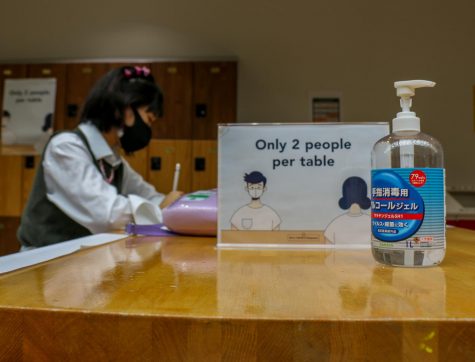
Science teacher Ms. Eileen Cancella said that she had learned to become more flexible and value creativity during distance and hybrid learning. She also said that she learned to “give opportunities for students to demonstrate their learning in more non-traditional ways.” While on the subject of traditional methods, Cancella said that teachers have the opportunity to move away from the usual “test-quiz” approach, and lean towards more personalized and open-ended ways of measuring growth.
Ms. Cancella also hopes that the off-campus unscheduled time we now have helps with mental health. One of the things we lose because of this way of learning, she says, are the social interactions. Although hybrid learning helps us become more independent, we aren’t at school as much anymore, so social interactions must become more purposeful.
ASIJ students and teachers are being challenged by what is going on in the world today and the impacts it has on our school. When it comes to things happening at our school, it’s important to understand not only the student perspective but also that of teachers. No matter our roles in the school, we all are learning and growing as people, and this should make us excited about what the future may bring.

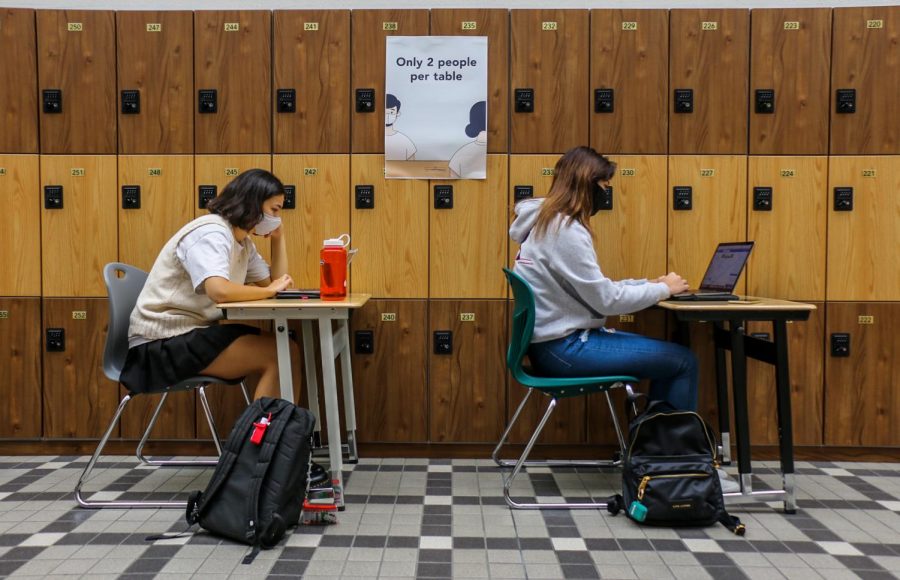
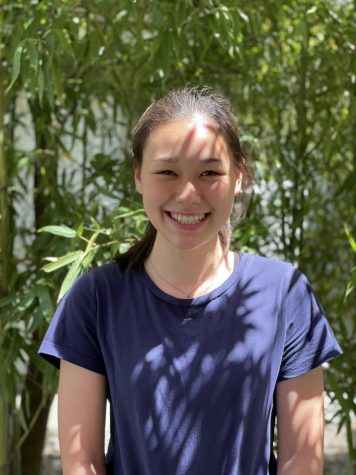











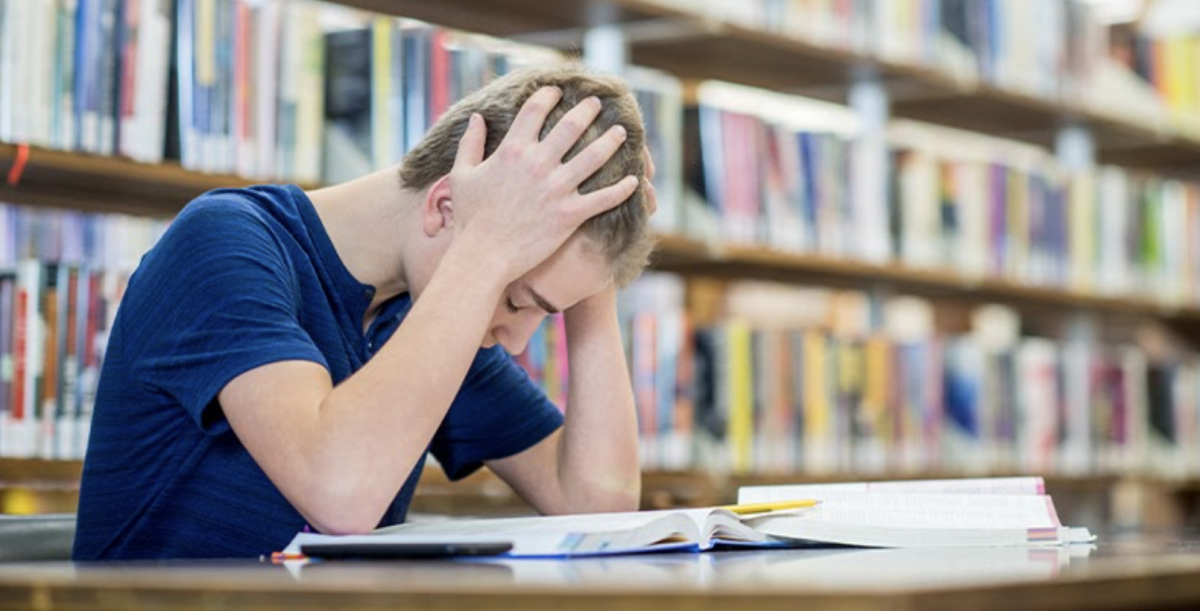
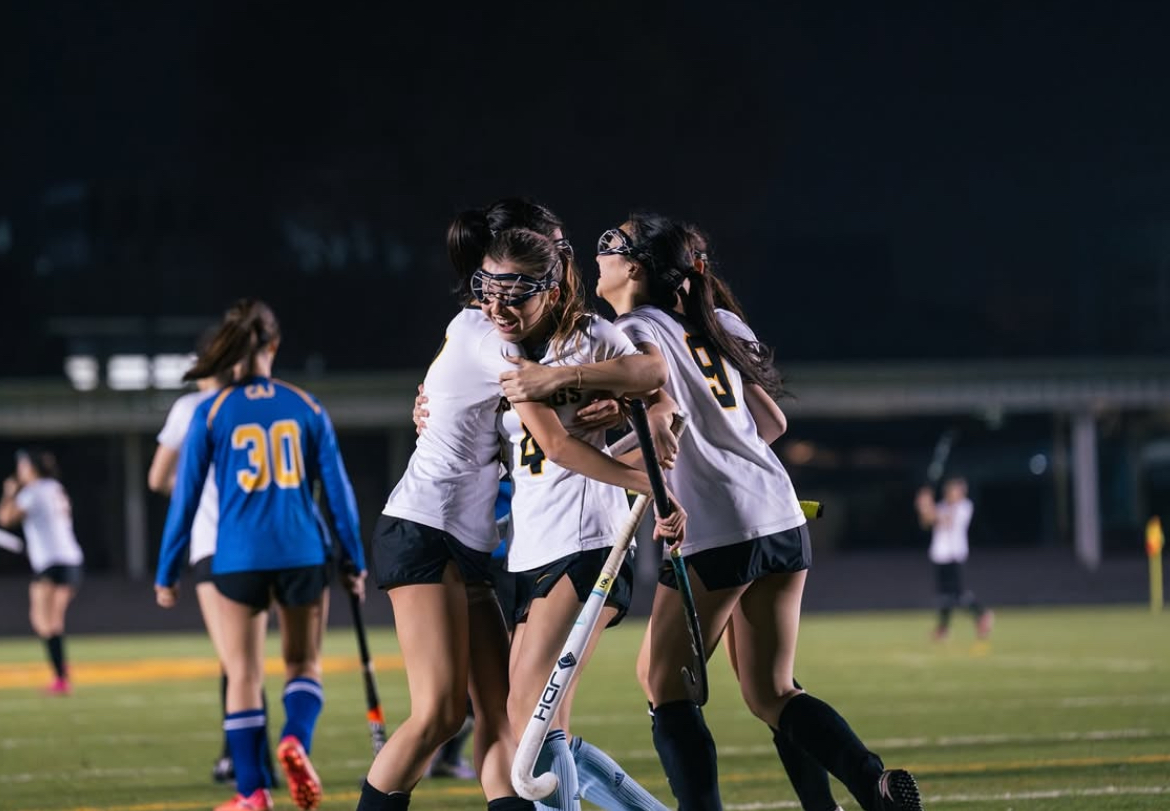
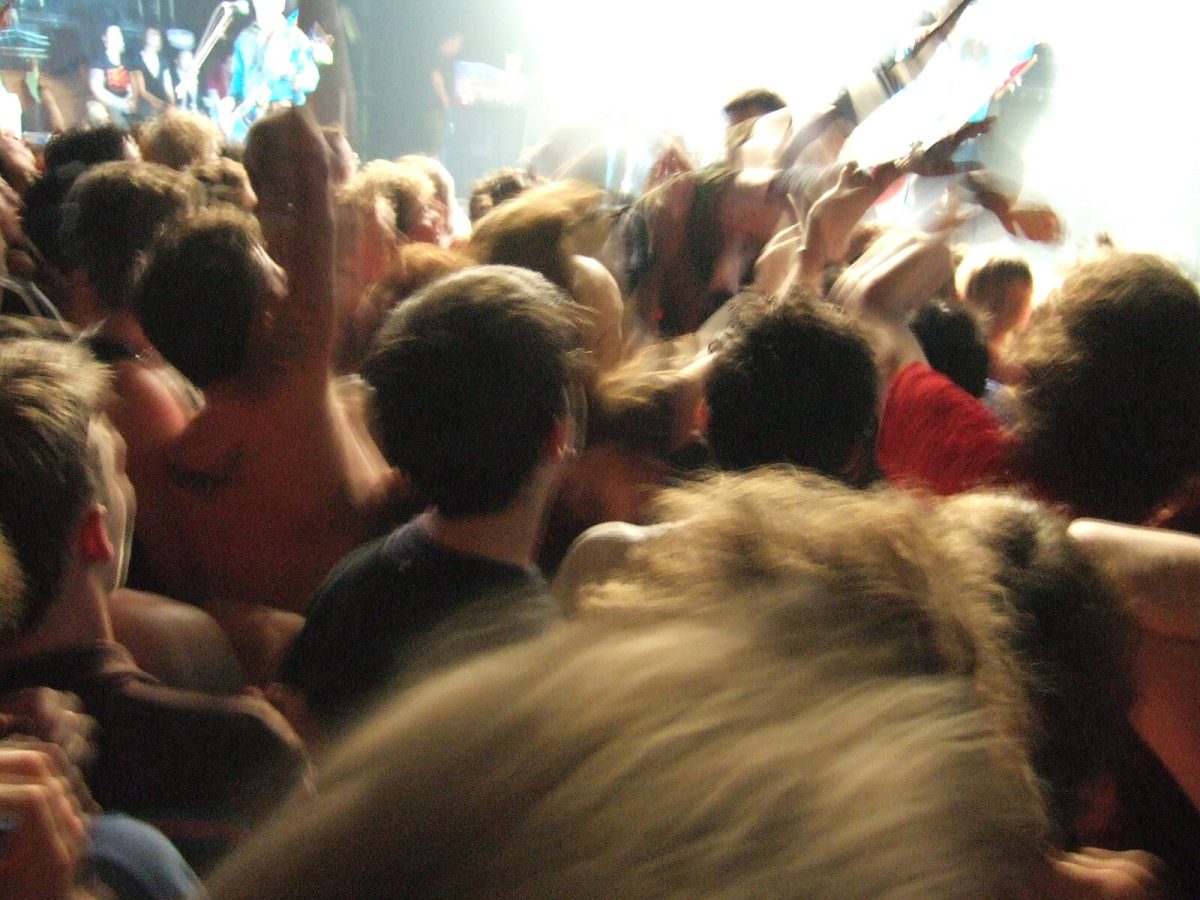

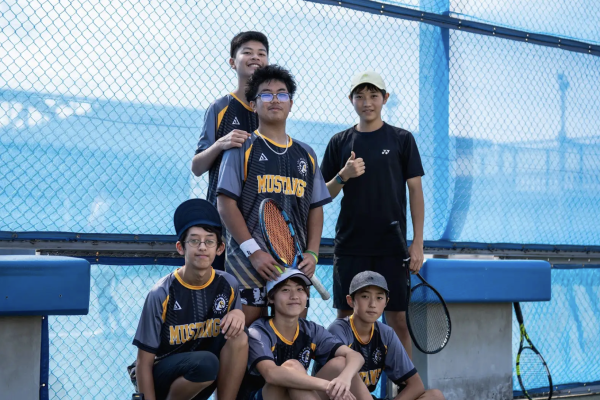

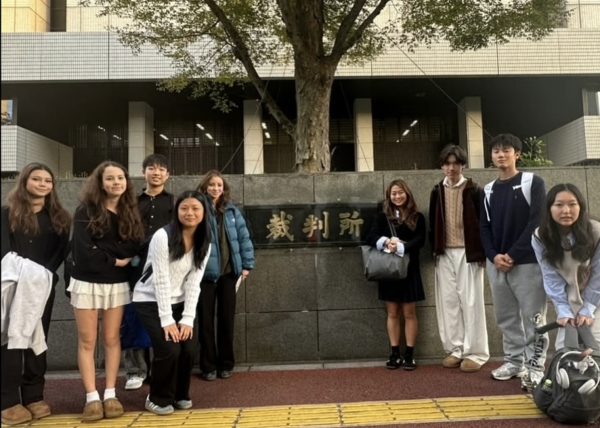
Ai Okura • Apr 30, 2021 at 2:51 PM
Hi Anna,
It was so interesting to hear the teacher’s point of view on hybrid learning because it’s usually the students that are prioritized during these drastic transitions between online, hybrid, and on-campus learning.
Great job!
Marlene • Apr 30, 2021 at 2:50 PM
Hi Anna!
I loved this writing piece about hybrid learning– it makes me miss it. I would love to know more about how teachers feel about coming back face to face and if they prefer it. I know most students liked hybrid better, but do the teachers feel the same way?
– Marlene